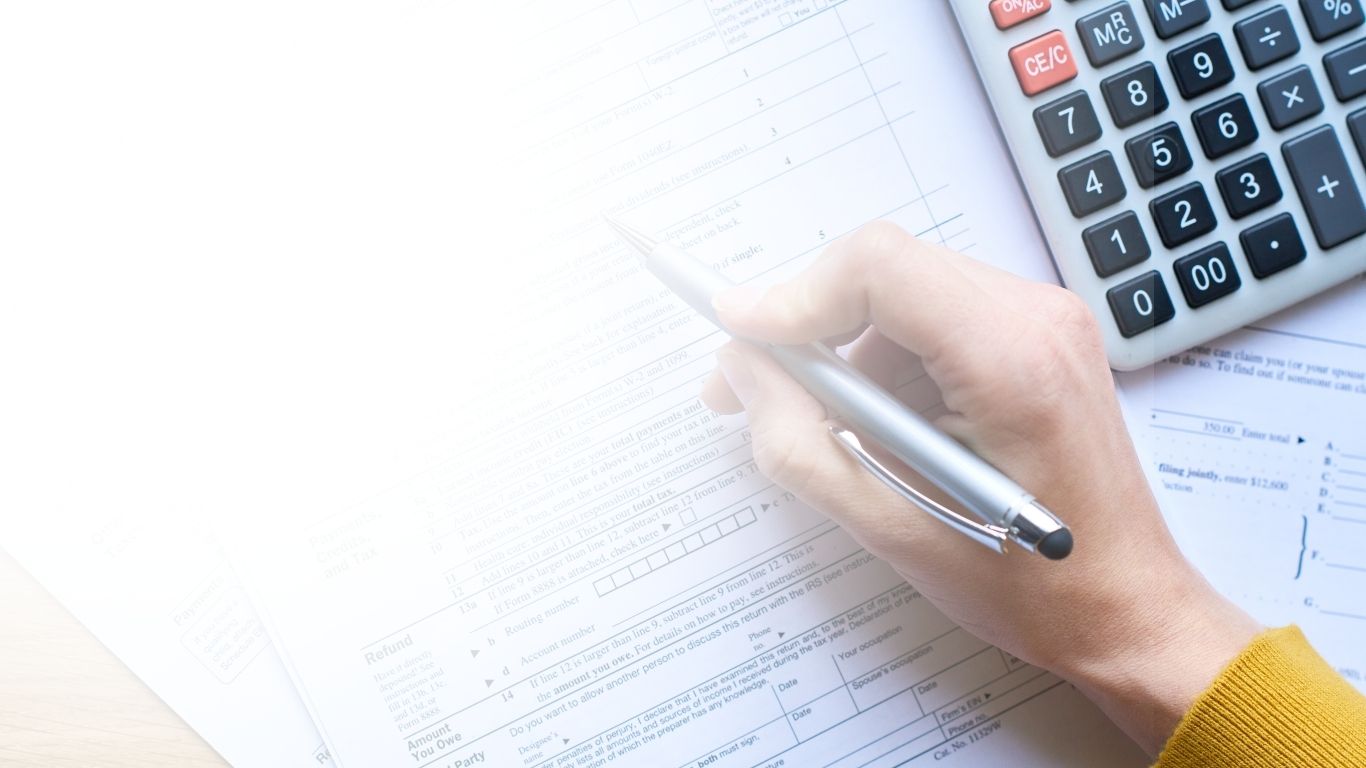Jakarta, Ideatax -- One time, the Commodity Futures Trading Regulatory Agency or Badan Pengawas Perdagangan Berjangka Komoditi (BAPPEBTI) stated that until August 2022 there were already 16.1 million crypto currency investors in Indonesia. On average, there was an increase in the number of crypto asset investors by 725 thousand per month during January to August 2022 (Tempo, 2022).
This data shows that Indonesians’ interest in investing this brand-new form of asset is great. In fact, the head of BAPPEBTI stated that the total value of crypto transactions from January to September 2022 reached IDR 260 trillion. This number has decreased compared to the previous year. In 2021, the number of crypto transactions reached IDR 859 trillion (Liputan 6, 2022).
However, the lack of legal certainty for business actors trading crypto assets, the absence of protection for crypto asset customers and the possibility of using crypto assets for illegal purposes become challenges in this field. Therefore, through BAPPEBTI Regulation Number 2 of 2020, the Government regulates the Technical Provisions for Organizing the Physical Crypto Asset Market on the Futures Exchange.
Through this provision, the Government regulates that crypto asset traders are required to provide and/ or open access to all systems used by BAPPEBTI in the framework of supervision with access rights to read (read only). In addition, crypto traders are also required to include references to the trade capitalization values of the Crypto Assets used.
Moreover, the government also regulates the taxation aspect of trading crypto assets. This regulation is necessary to provide legal certainty, simplicity, and ease of administration for collecting, depositing, and reporting taxes on trading activities and ownership of crypto assets. In addition, this regulation is also important in efforts to provide equal treatment to other business actors.
Through the Regulation of the Ministry of Finance or Peraturan Menteri Keuangan (PMK) Number 68/PMK.03/2022, the Government regulates that upon submission of intangible Taxable Goods or Barang Kena Pajak (BKP) in the form of crypto assets, Taxable Service or Jasa Kena Pajak (JKP) is in the form of providing electronic means used for crypto asset trading transactions and JKP is in the form of verifying Value-Added Tax (VAT) payable crypto asset transactions.
Submission of BKP crypto assets is subject to VAT with a certain amount of 1% of the VAT rate multiplied by the value of crypto transactions in the case that Trade Operators Through Electronic Systems or Penyelenggara Perdagangan Melalui Sistem Elektronik (PPMSE) are physical traders of crypto assets and 2% of the VAT rate multiplied by the value of crypto transactions in the case of PPMSE not a physical trader of crypto assets. Meanwhile, the submission of JKP for the provision of crypto asset electronic means is subject to VAT at a rate of 11% multiplied by the commission or reward for organizing electronic means of crypto transactions.
In terms of income tax, PMK 68 of 2022 stipulates that sales transactions of crypto assets are subject to final Income Tax Article 22. The amount of Income Tax Article 22 for the sale of crypto transactions is 0.1% of the transaction value of crypto assets if PPMSE is a trader of crypto assets and is 0.2% of the transaction value if PPMSE is not a physical trader of crypto assets.
Several countries have also imposed taxes on crypto transactions. Japan, for example, imposes a crypto tax of 55% on ownership of crypto assets over 200 thousand yen or the equivalent of IDR 23 million (Tokentax, 2022). Furthermore, the Philippines imposes a 45% crypto tax on crypto trading transactions with a value above USD 4,500 or IDR 68 million (VOI, 2023).
However, there are also a few countries that do not impose taxes on crypto asset transactions; for instance, is Thailand. Thailand exempts the imposition of a value-added tax on transfers of cryptocurrencies and other digital assets until the end of 2023 (Bangkok Post, 2022).
Based on the description above, it seems that we can understand that Indonesia's position towards mining crypto taxes is quite moderate. This means that the government does not impose high tax rates but does not exempt the imposition of crypto asset transactions as well. The effective rates imposed by the government on crypto tax transactions range from 0.22% to 0.44%.
However, bear in mind that the number of crypto transactions in 2022 decreased compared to the same period the previous year in Indonesia. Therefore, to increase the number of crypto transactions, basically there are few things that can be done by the government. One of them, the government can provide crypto transaction tax incentives by providing crypto tax exemptions up to a certain transaction value. This is important to attract novice investors to invest in other digital crypto assets.
Related Provisions
-
Regulation of the Ministry of Finance Number 68/PMK.03/2022
-
Regulation of BAPPEBTI Number 2 of 2020
References
Bangkok Post (2022). Crypto transfers granted tax exemption. https://www.bangkokpost.com/business/2315898/crypto-transfers-granted-tax-exemption
Liputan 6 (2023). Transaksi Kripto di Indonesia Sentuh Rp 260 Triliun hingga September 2022. https://www.liputan6.com/crypto/read/5114717/transaksi-kripto-di-indonesia-sentuh-rp-260-triliun-hingga-september-2022
Tempo. (2023). Bappebti : Jumlah Pemilik Aset Kripto di Indonesia Naik tapi Transaksinya Merosot. https://bisnis.tempo.co/read/1675666/bappebti-jumlah-pemilik-aset-kripto-di-indonesia-naik-tapi-transaksinya-merosot
Tokentax. (2023). The Essential Guide to Crypto Tax in Japan. https://tokentax.co/blog/crypto-taxes-in-japan
VOI. (2023). These Are The Five Countries With The Worst Crypto Taxes In The World, Indonesia Is Not Included. https://voi.id/en/technology/208281


